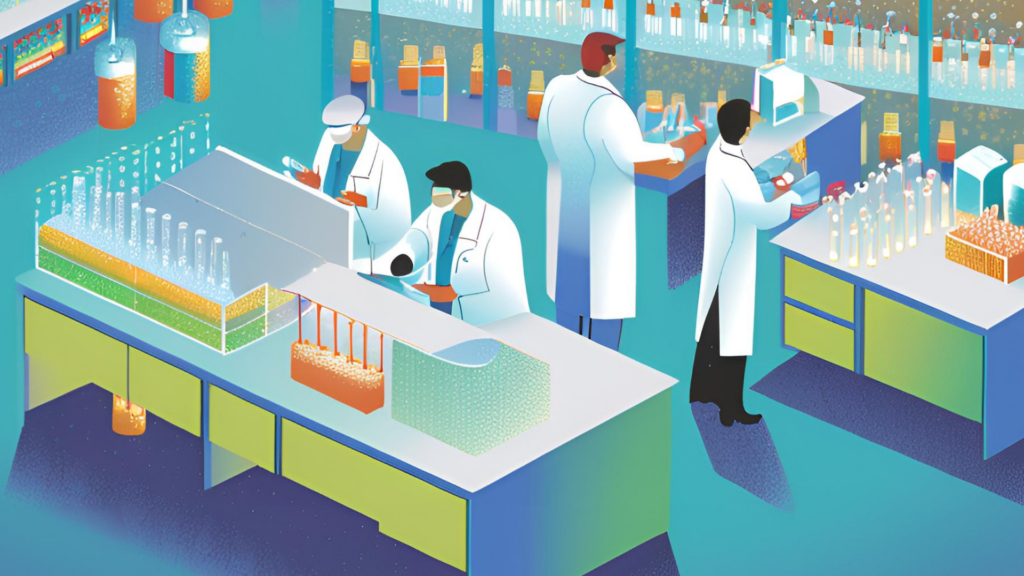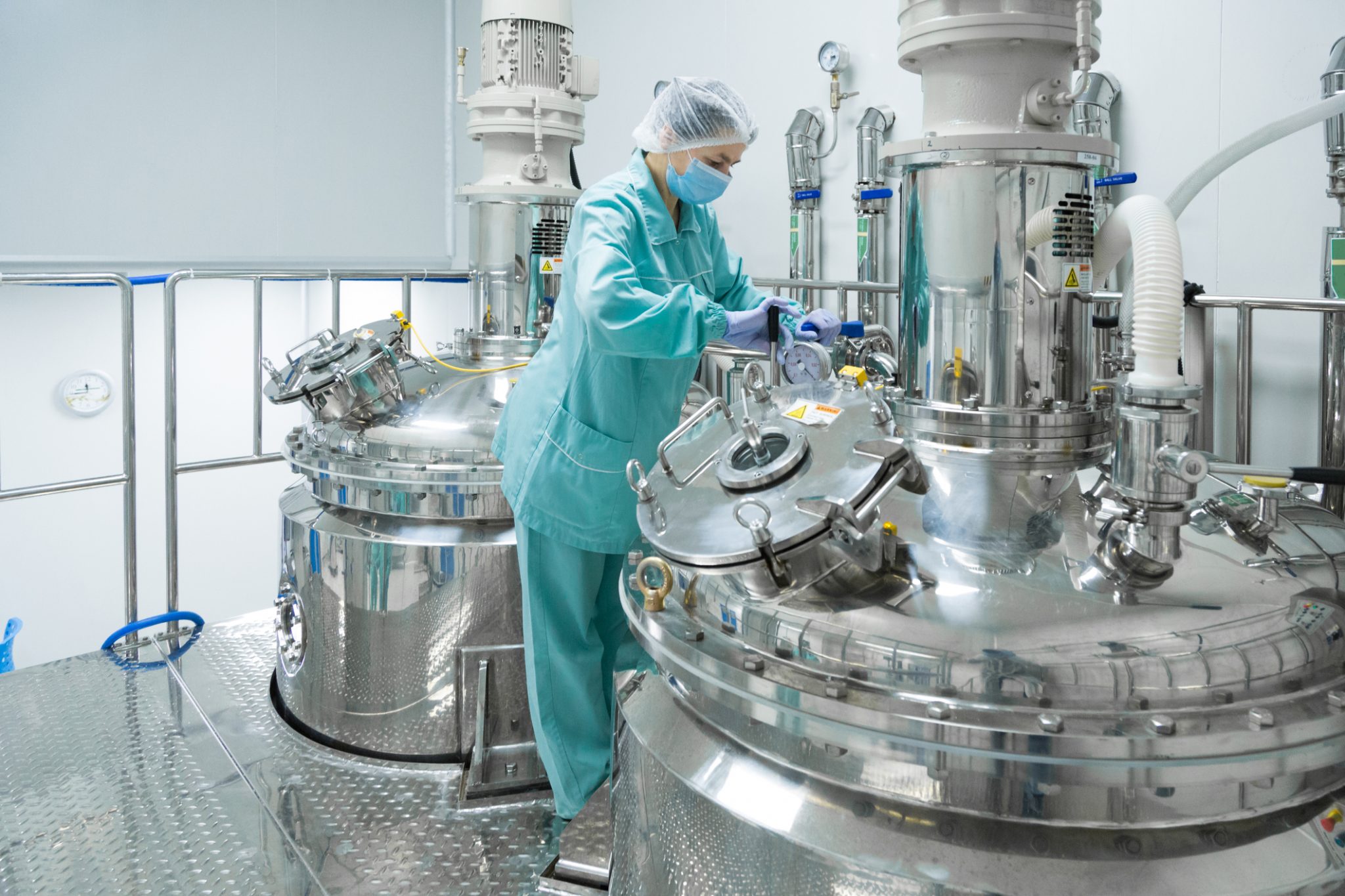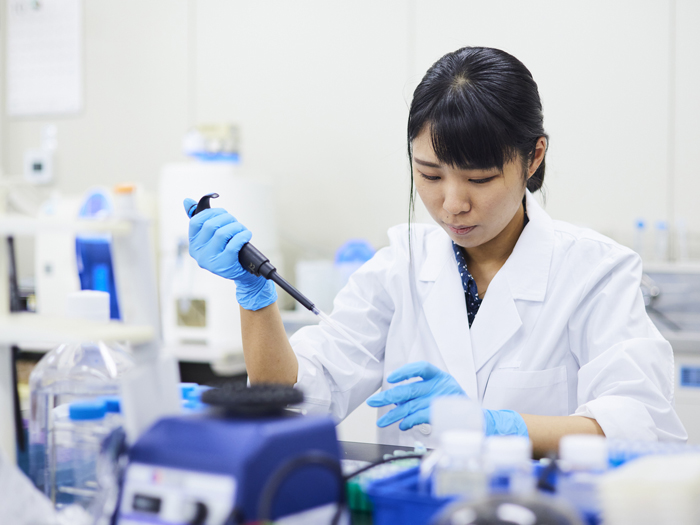Introduction
Biotechnology and semiconductor manufacturing are two complex, high‐value industries that depend on rigorous process controls and exceptional quality management to ensure product performance. Semiconductor fabs employ techniques such as ultra‐precise raw materials characterization down to the parts‐per‐trillion level to maximize yield and avoid defects[1]. In a similar vein, biopharma manufacturers are beginning to adopt comparable practices, though they must contend with the inherent variability of biological molecules, which necessitates a different approach to quality assurance and supply chain management[8].
Just-In-Time Pitfalls
The Just-In-Time (JIT) approach, originally popularized in the semiconductor and automotive sectors, is built on the premise of reducing inventory and eliminating waste by receiving materials precisely when needed[6]. In the semiconductor industry, JIT can work effectively because suppliers are often in close geographic proximity, the production steps are highly deterministic, and process changes are tightly controlled[17]. However, in the biotech arena, applying JIT is significantly more challenging due to unpredictable biological elements, longer lead times for regulatory approvals, and a historically low demand forecast accuracy for critical supplies[11]. Disruptions such as those experienced during the COVID-19 pandemic highlighted how reliance on JIT can lead to critical shortages, exposing vulnerabilities in supply chains that lack buffer inventories and agile response mechanisms[4].
Diversification Tactics
An essential aspect of de-risking supply chains is diversifying the supplier base to avoid dependency on a single or limited number of sources. In semiconductor manufacturing, process qualification routines require suppliers to meet stringent impurity standards and to document every material change, fostering a network of trusted partners[1]. By contrast, many biopharma suppliers, especially for raw materials such as cell culture media or excipients, originate from diverse global regions, which can introduce variability and unpredictability into the manufacturing process[10]. Biotech firms can buffer shocks by engaging in proactive supplier audits, establishing strong domestic or nearshored partnerships, and setting up contingency plans that include dual sourcing strategies[16]. Such practices not only mitigate the risk of supply interruptions but also enable quicker responses to market or regulatory changes[3].
Quality Standards and Control
Quality control in semiconductor manufacturing is achieved through rigorous process controls and advanced materials analysis, ensuring that each wafer meets extremely tight impurity thresholds[1]. In the biotech sector, while the same level of precision is sought, biological processes are inherently variable and require systems that can account for lot-to-lot differences and subtle changes in raw material composition[8]. Moreover, biotech companies must implement robust quality management systems to monitor both upstream and downstream processes to maintain product safety and efficacy[14]. This involves integrating advanced analytical methods, digital quality control platforms, and continuous process improvement practices that are common in semiconductor fabs but adapted to the unique challenges of handling biologics[15].
Actionable Steps for Biotech Firms

To effectively buffer against supply chain shocks and de-risk operations, biotech companies should take several actionable steps:
1. Implement Hybrid Inventory Models: Develop a system that combines JIT principles with strategic buffer stocks (a 'just in case' approach) to handle sudden surges in demand or unforeseen disruptions[6][11].
2. Diversify Supplier Networks: Proactively audit and qualify suppliers while establishing partnerships with a mix of domestic, nearshore, and international vendors to spread risk and enhance supply resilience[8][16].
3. Invest in Advanced Digital Tools: Adopt digital platforms such as AI-based predictive analytics, IoT for real-time monitoring, and blockchain for transparent traceability to convert unstructured data into reliable insights for decision making[9][17].
4. Enhance Quality Management Systems: Incorporate stringent quality control measures and continuous process improvement strategies that mirror semiconductor practices, ensuring raw material consistency and regulatory compliance across all production stages[1].
5. Build Agility Into the Supply Chain: Foster organizational strategies that emphasize lean and agile manufacturing practices, ensuring that production scheduling, capacity planning, and supplier performance monitoring are tightly integrated to rapidly adjust to market conditions[15].
Conclusion
Lessons from semiconductor manufacturing offer biotech firms a valuable blueprint for de‐risking their supply chains. By understanding the pitfalls of a pure JIT approach, investing in diversification tactics, and maintaining robust quality standards, biotechs can build resilient supply chains that are capable of withstanding external shocks and variations inherent in biological processes. The integration of advanced digital technologies and process improvement strategies will further empower manufacturers to achieve the dual goals of efficiency and reliability, ensuring that life‐saving therapies reach patients even under challenging conditions[17].
Get more accurate answers with Super Pandi, upload files, personalized discovery feed, save searches and contribute to the PandiPedia.
Let's look at alternatives:
- Modify the query.
- Start a new thread.
- Remove sources (if manually added).








